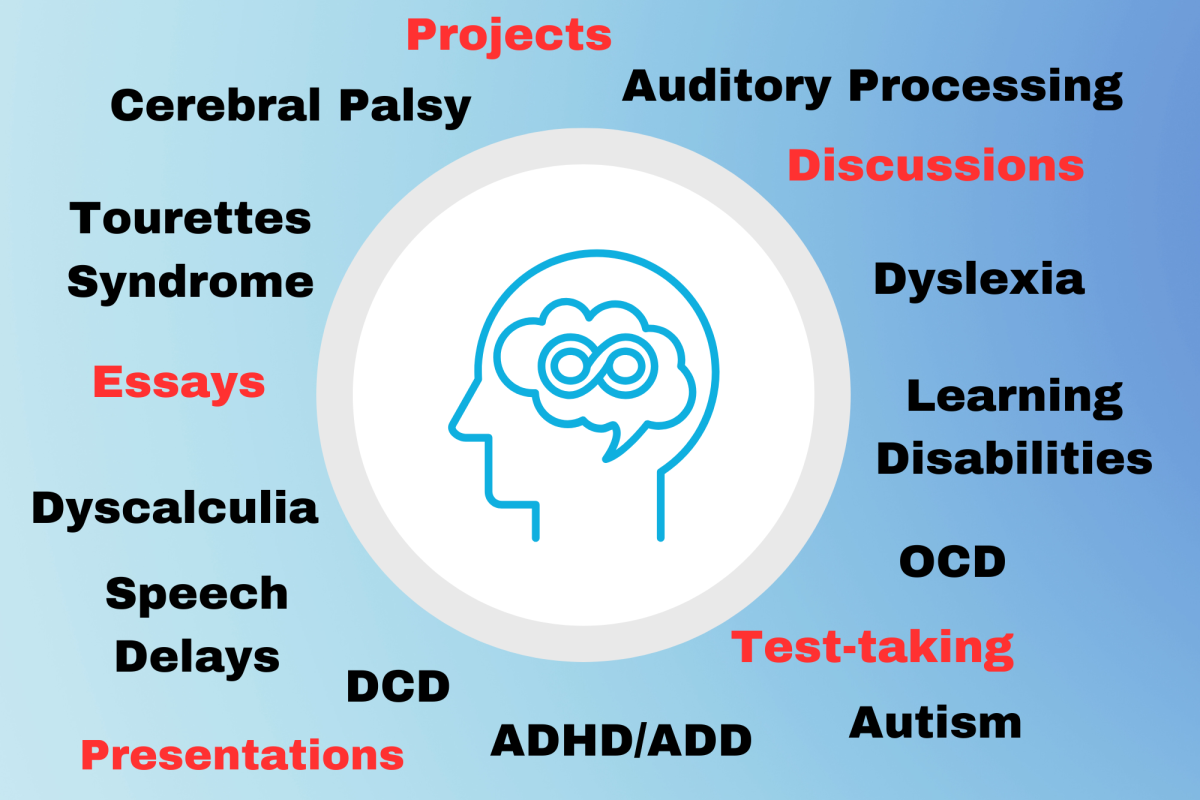In early December, Archer’s Model United Nations club held their first meeting of the year. As a returning member of Model UN, I entered eager to hear the student leaders’ plan for our conference. However, a different sentiment stuck with me for weeks: when they acknowledged the UN’s shortcomings in addressing and resolving the Israel-Hamas War.
It got me thinking: How effective is the UN today?
This past summer, I visited the United Nations Headquarters in New York City with a group of student journalists from the School of the New York Times. As we followed our tour guide inside and listened to a UN intern speak about his work, I couldn’t help but be confused by the UN’s seemingly unresponsive approach to crises. I left with more questions than when I entered.
Established in 1945, the UN became the second intergovernmental organization after the League of Nations. Out of the six main bodies of the UN, the Security Council is primarily responsible for maintaining peace and security; out of their 15 members, five permanent members have veto power — the ability to dismiss resolutions — which has previously proven to be difficult for accomplishing goals to aid countries in crisis.
According to their website, the UN aims to be “[a] place where the world’s nations can gather together, discuss common problems and find shared solutions.” I believe they are falling short in this mission, for they often get caught in a stalemate when discussing pressing and timely wars or humanitarian crises.
The ongoing conflict between Russia and Ukraine has been a paradigm of the ineffectiveness of the Security Council. When Ukrainian President Volodymyr Zelensky met with the council in September 2022 requesting war aid for Ukraine, Russia, one of the five permanent veto powers, vetoed a resolution condemning the annexation in parts of Ukraine.
This issue should be considered a conflict of interest for Russia, which the UN should have acknowledged by granting Zelensky’s later request to revoke Russia’s veto power but still allow it to participate in the meetings. The UN did not “find shared solutions” to timely conflicts through Russia vetoing every proposed resolution.
It should be noted that since then, UNICEF, UNFPA, UNHCR, WHO and the World Food Program have all sent aid to Ukraine.
The UN’s divided voice continued when the Security Council recently adopted a resolution more than two months after Hamas’ initial attacks on Israel demanding “immediate, safe and unhindered delivery of humanitarian assistance at scale directly to the Palestinian civilian population throughout the Gaza Strip.” The General Assembly did not condemn Hamas’ terrorist attacks such as suicide bombings and the taking of Israeli hostages, and they have not recognized Hamas as a terrorist organization despite both the United States and the European Union classifying Hamas as such.
I recognize having more than a hundred member states makes finding this unified voice complex. But I also believe the UN is failing to do its job by neglecting to represent Hamas accurately. If the UN can find unity in this, they can send the proper humanitarian assistance and better aid civilians in the war crimes being committed.
This isn’t to say the UN is not making meaningful changes in other fields. The UN’s 17 Goals for Sustainable Development give hope to a greener future. The website explicitly tracks the progress on these goals, with the hopes of meeting each one by 2030. UNICEF is present in over 190 countries and territories and aids millions of children in getting access to necessities.
But are we being too optimistic? With numerous issues including vetoing conflicts, how does the UN manage to get anything accomplished?
Money is a vital factor of the UN; having adequate funds allows for them to provide more aid to more countries quicker. But for years, experts have been claiming the UN is on the verge of bankruptcy. The Administrative and Budgetary committee met Oct. 17, 2023, to urge all member states to aid the organization financially as soon as possible.
The UN budget for 2024 is $3.59 billion USD, not nearly enough to meet their goals. Part of this issue is much of the budget is composed of some required payments from member states and voluntary payments, which sub-organizations in the UN heavily rely on. These voluntary payments, unfortunately, do not move the margin for how impactful the UN can be.
If the UN mandated consistent, assessed contributions from each country to different sub-organizations, based on their respective financial abilities, they could guarantee a more stable budget and idealistically increase efficiency in each organization. However, I can see how member nations will be hesitant to distribute their already scarce funds to the UN and would rather save their funds to manage individual concerns. But perhaps, if these countries put more money into the UN, the UN could assume the responsibility of and actually succeed in resolving these issues with more funding.
These are only two examples of how the UN is falling short of its full potential. If they can adjust their budget and funding and reassess the issues of vetos, the UN can accomplish more.
The UN must make changes and adapt to 21st-century conflicts to be an effective, multipurpose organization.










